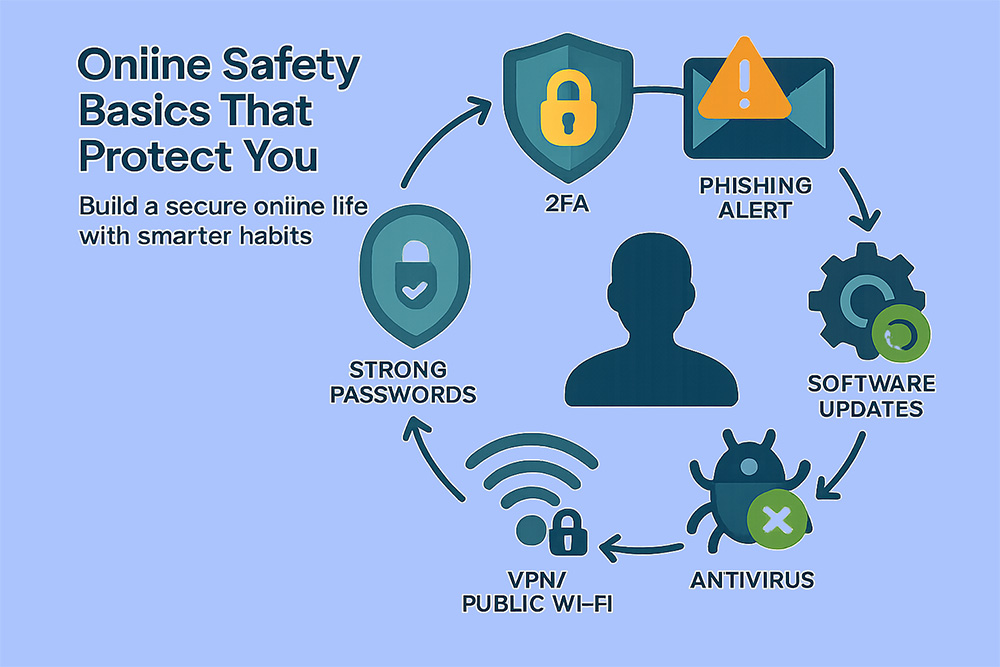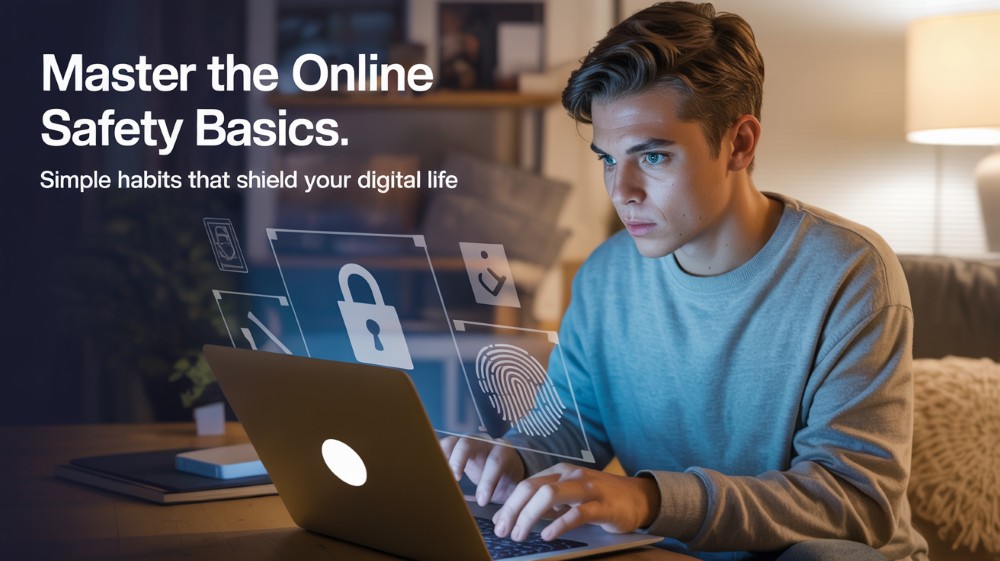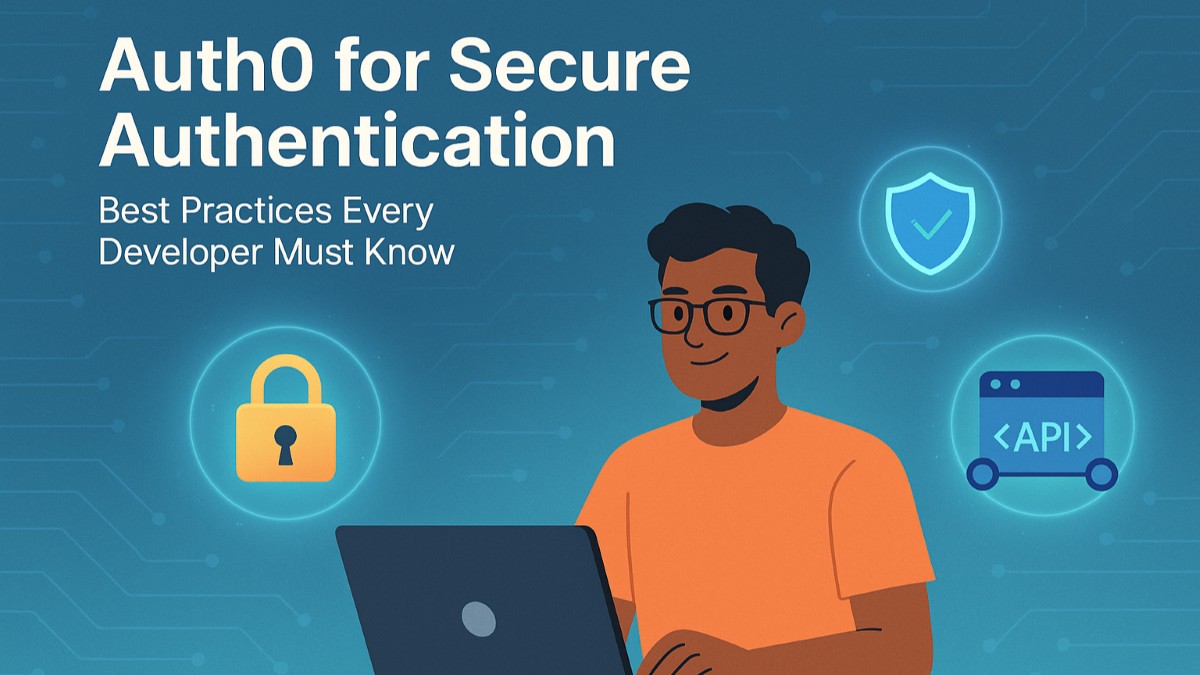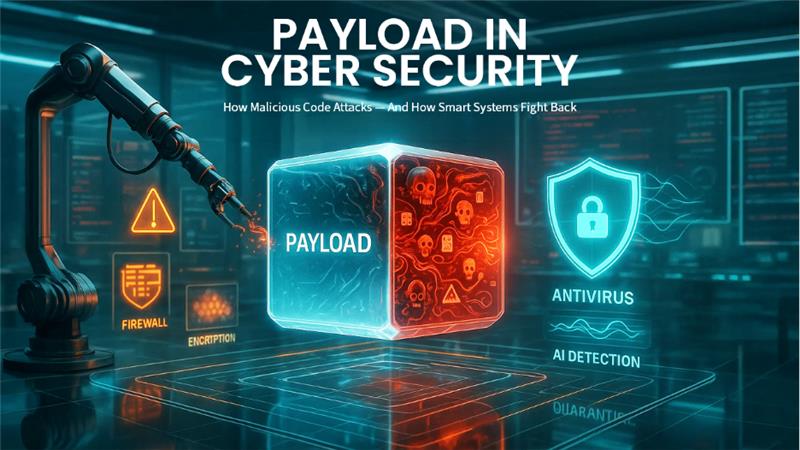For many of us, navigating the online landscape feels like second nature. We connect with loved ones, manage our finances, and access information with a few taps.
But connection also brings risks. Just like you lock your doors at home, it's important to protect yourself online. You don't need to be a tech expert to do this. Practicing online safety is a smart way to guard your digital presence every day. Select 86 more words to run Humanizer.Simple steps can make your online life much safer and keep your personal information away from those who might seek to exploit it.
Why Online Safety Matters
Think about your online data – bank details, personal photos, conversations with friends and family. There could be serious consequences if these fell into the wrong hands. You could have your identity stolen or suffer financial losses. Cybercriminals are always finding new ways to trick you. Knowing the basics of online safety makes you much less likely to be a victim. If you're curious about whether online protection requires technical skills, check out this guide on whether cybersecurity requires coding.
1. Strong Passwords
Imagine using the same key for your house, car, and office. If someone gets that key, they can get into everything. Weak passwords are like that online. Easy passwords like your pet's name or birthday make it much easier for criminals to get into your accounts. Make strong and unique passwords for each important online account. Combine uppercase and lowercase letters, numbers, and symbols. The longer and more random the password, the harder it is for someone to crack. A password manager securely stores and creates complex passwords, so you don't have to.
2. Two-Factor Authentication (2FA)
Even if someone manages to figure out your password, they still need another piece of information to gain access with 2FA. This second factor might be a code sent to your mobile phone or generated by an authenticator app. To reinforce your security, enable 2FA on important accounts, such as email, banking, and social media.

3. Beware of Phishing Scams
Cybercriminals try to steal sensitive data, like logins or bank account details. They do it by acting like legitimate companies. Be careful of any unexpected emails or messages that ask for personal information or pressure you to click on links. Check the sender's email address and hover your mouse over links to see where the real URL leads. If you get a message that seems suspicious, contact the company directly to make sure it's genuine.
4. Regular Software Updates
Software updates aren't just about the latest features. They often include security patches that fix gaps exploited by cybercriminals. Protect against known dangers by keeping your computer system, internet browser, and apps updated. Most devices and programs can update automatically, which is the easiest way to stay safe.
5. Avoiding Public Wi-Fi
Public Wi-Fi, found in cafes or airports, can be convenient. But it's often less secure than your home network. Cybercriminals might be able to see your information when you use an unsecured network. If you must use public Wi-Fi, avoid accessing sensitive information like your online banking. To maximize your security, consider using the best VPN server. By connecting to a high-quality VPN server, your internet traffic is encrypted and routed through a secure connection, making it far more difficult for hackers to intercept your data or monitor your online activity.
6. Antivirus Software
Antivirus software scans for and removes malicious software, such as viruses and spyware. It can find and stop threats before they can harm your computer or steal your information. Make sure you have good antivirus software on your computer and phone, and keep it updated. Regular scans help find and remove threats that might have slipped through other defences.
Stay Safe and Secure Online
These basic measures can significantly strengthen your digital security. Make them habits to build a robust defence against common threats and navigate the digital world more confidently. Staying vigilant and informed is key to maintaining your safety and security online.








